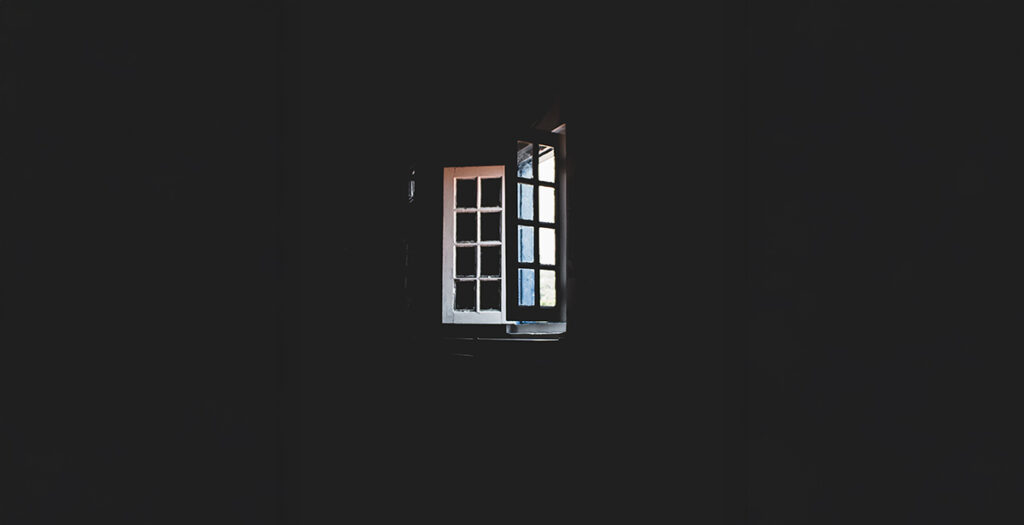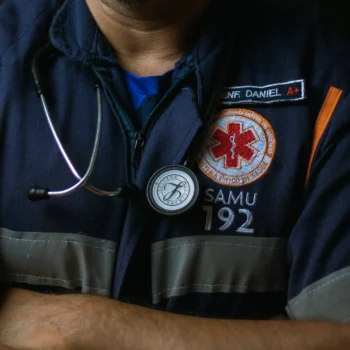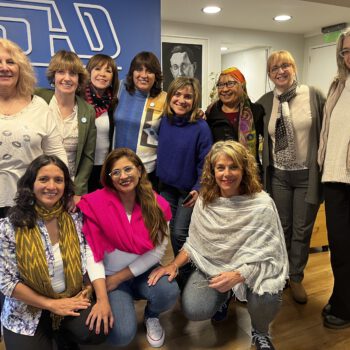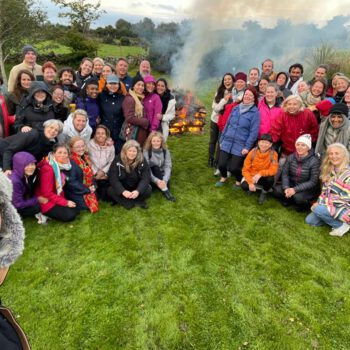Imagine waking up in an unfamiliar room. There are no windows. Only the distant echo of voices that were once familiar. You feel the weight of an absence, but you don’t know exactly what’s missing. Your body knows.
That tightness in your chest, that restlessness slipping through like an animal—these are signs of an old wound. It’s not something you can consciously remember. It has no date, no name. But it’s there, latent, shaping every decision you make. And one day, you discover something. A drink, a cigarette, food, a screen that wraps you in its glow. A message, a bet, a click… a person. And for a moment, just for an instant, something settles.That’s where the story we were told about addiction gets it wrong.

Photo by Ronaldo de Oliveira on Unsplash
The wrong story
They told us addiction is an enemy, a lack of willpower, a character flaw. They taught us to fear it, to fight it, to repress it. But what if we looked at it differently?
From the perspective of Compassionate Inquiry®, we don’t see addiction as the problem, but as the solution the body found to endure the unbearable. Addiction is an act of love.
Not the kind of love we were taught in fairy tales, but a primitive, biological, desperate kind of love. It is an attempt by the nervous system to regulate itself, to create a moment of relief when the inner world feels like a storm.
When a child doesn’t receive safety, their system doesn’t stop seeking it. When a child isn’t seen, their system doesn’t stop screaming. When a child doesn’t feel loved, their system doesn’t stop searching for warmth, even in places that burn. Addiction is not irrational. It’s perfectly logical when we understand it in context.
What lies beneath?
If we could freeze time in the moment just before we fall into addiction, if we could capture that microsecond before lighting a cigarette, opening an app, buying something we don’t need, clicking on the forbidden… If we could stay there, what would we find? A void. An echo. A pain formed in silence. Addiction doesn’t fill the void, but it makes us forget it’s there. And that, for a moment, is enough.
But what we avoid, persists and what we repress, rules us.
The shift that changes everything
So, if addiction is not the problem but the solution, if addiction is the messenger, not an enemy, the question is not “How do I stop it?” but “What is it showing me?”
Through Compassionate Inquiry®, our job is not to fight addiction. It’s not to rip it out like a weed. It’s to look beneath, to hold the void in our hands, in our whole body, without running away. The work is to feel the absence of love without numbing it, to return to that closed room and, this time, open a window.
When the story of addiction changes, everything changes. What we’re truly searching for isn’t the substance, the click, or the escape. What we’re truly searching for is the home we lost within ourselves. And the only way to find it… is to return.



